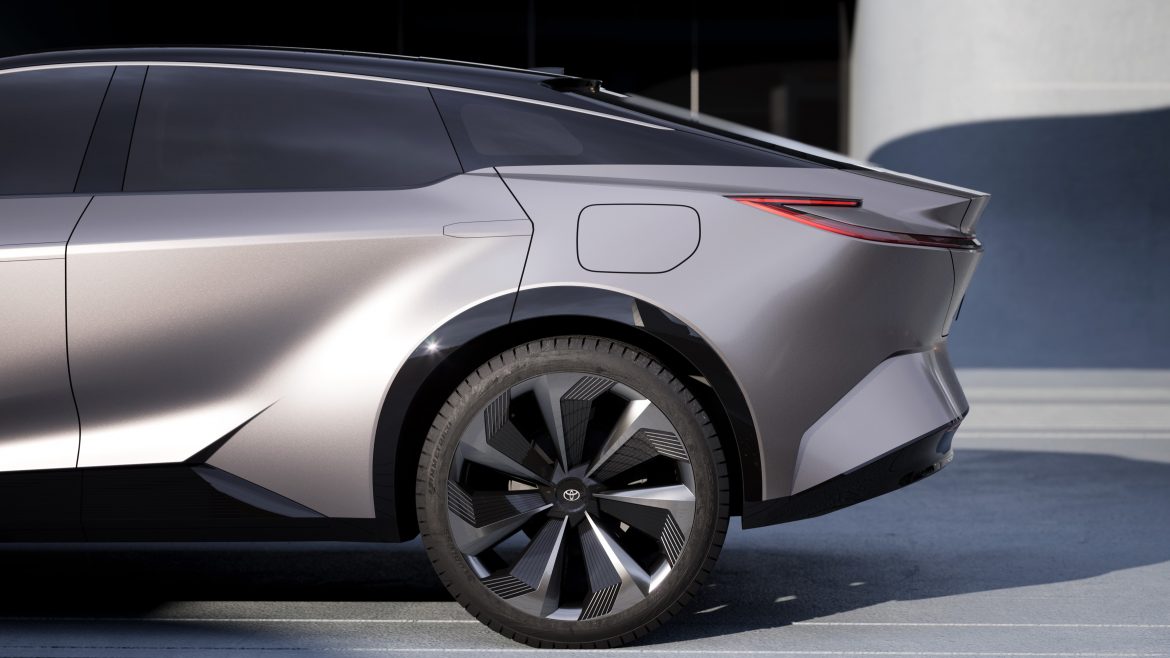Canada is exploring the possibility of implementing tariffs on Chinese-made EVs. This move comes as the North American nation seeks to bolster its position in the EV supply chain and responds to mounting pressure from domestic manufacturers.
Finance Minister Chrystia Freeland highlighted concerns about China’s alleged strategy of creating a global oversupply, which she claims undermines EV producers worldwide, including those in Canada. Freeland emphasised that Canada’s domestic auto sector faces unfair competition from what she described as China’s “state-directed policy of overcapacity.”
The Canadian government plans to initiate a 30-day public consultation period starting July 2 to gather input on potential responses to this perceived threat. While specific details of the proposed action remain undisclosed, Freeland indicated that all options are on the table, including measures that could extend beyond just EVs to encompass components like batteries and critical minerals.
This potential move by Canada aligns with similar actions taken by key allies, notably the United States and the European Union, who have also expressed concerns about Chinese EV imports. The announcement has been welcomed by industry bodies such as the Global Automakers of Canada and the Canadian Vehicle Manufacturers’ Association, signalling broad support within the domestic auto sector.
Canada’s consideration of tariffs comes amid its broader efforts to establish itself as a crucial player in the global EV industry. The country has recently secured deals worth billions of dollars to enhance its manufacturing capabilities, particularly in its automotive heartland. These investments have intensified domestic pressure on the government to protect Canadian interests against perceived threats from Chinese imports.
The premier of Ontario, Canada’s most populous province and primary auto-manufacturing centre, has gone as far as urging Ottawa to impose tariffs of at least 100% on Chinese EVs. This call for action underscores the growing concern within Canada about the potential impact of Chinese EV imports on the domestic industry.
However, the scope of any potential action remains a point of debate. Some industry leaders, such as Hugues Jacquemin, CEO of Canadian firm Northern Graphite, argue that measures limited to EVs alone would be insufficient. They advocate for the inclusion of critical minerals essential for battery production in any protective measures.
China, for its part, has consistently rejected accusations of unfair subsidies or overcapacity. Chinese Premier Li Qiang, speaking at a recent World Economic Forum meeting, defended China’s rapid rise in new industries as rooted in unique comparative advantages. He argued that China’s production of advanced EVs and related technologies initially met domestic demand before expanding to enrich global supply.
The Chinese state-backed Global Times newspaper has called on Canada to remain “strategically rational” and not sacrifice normal economic exchanges with China for what it terms “Washington’s strategic selfishness.” This response highlights the delicate balance Canada must strike between protecting its domestic interests and maintaining important trade relationships.
As Canada deliberates on this crucial decision, the global EV industry watches closely. The outcome could have far-reaching implications for international trade relations, the future of the EV market, and the broader push towards sustainable transportation. With the 30-day consultation period set to begin, stakeholders from various sectors will have the opportunity to voice their opinions and potentially shape Canada’s approach to this complex issue.



